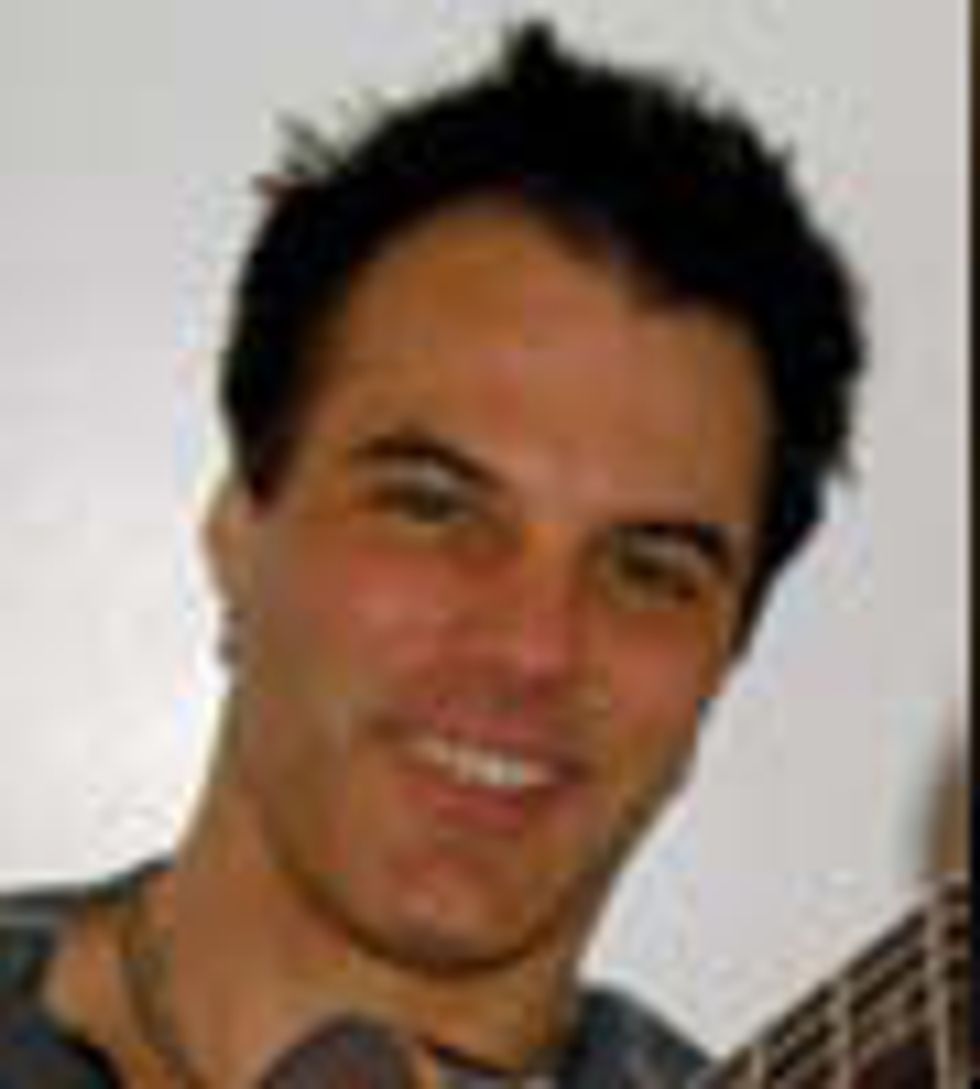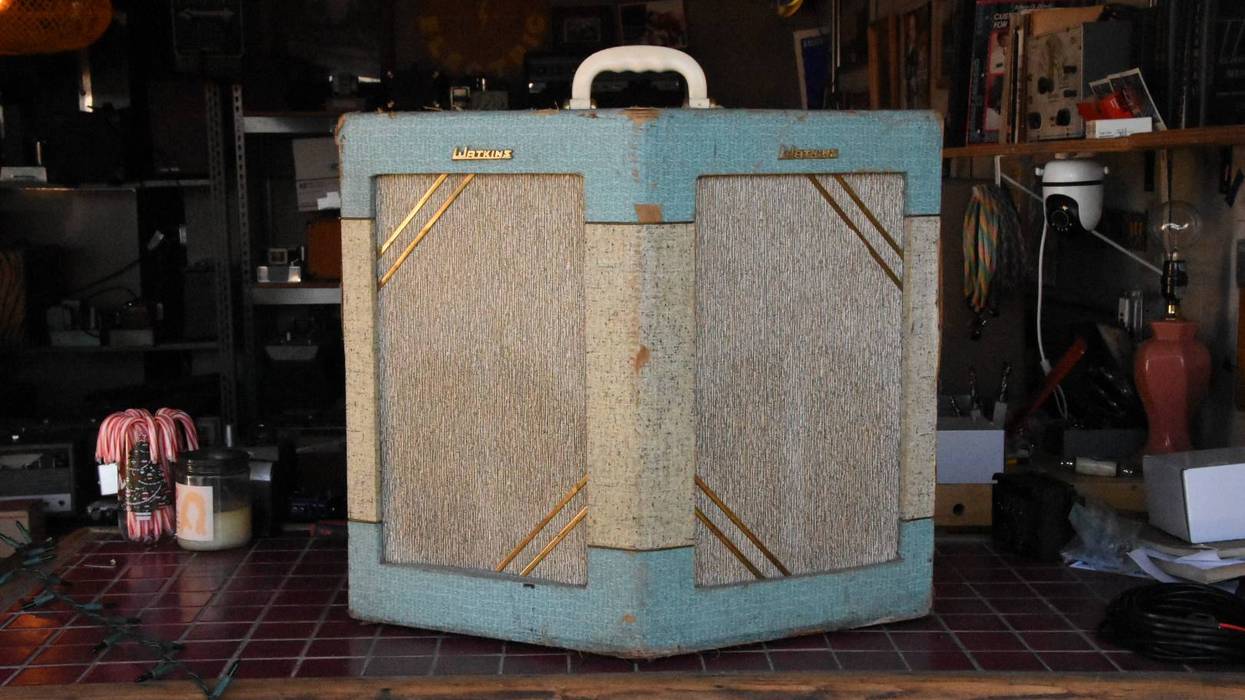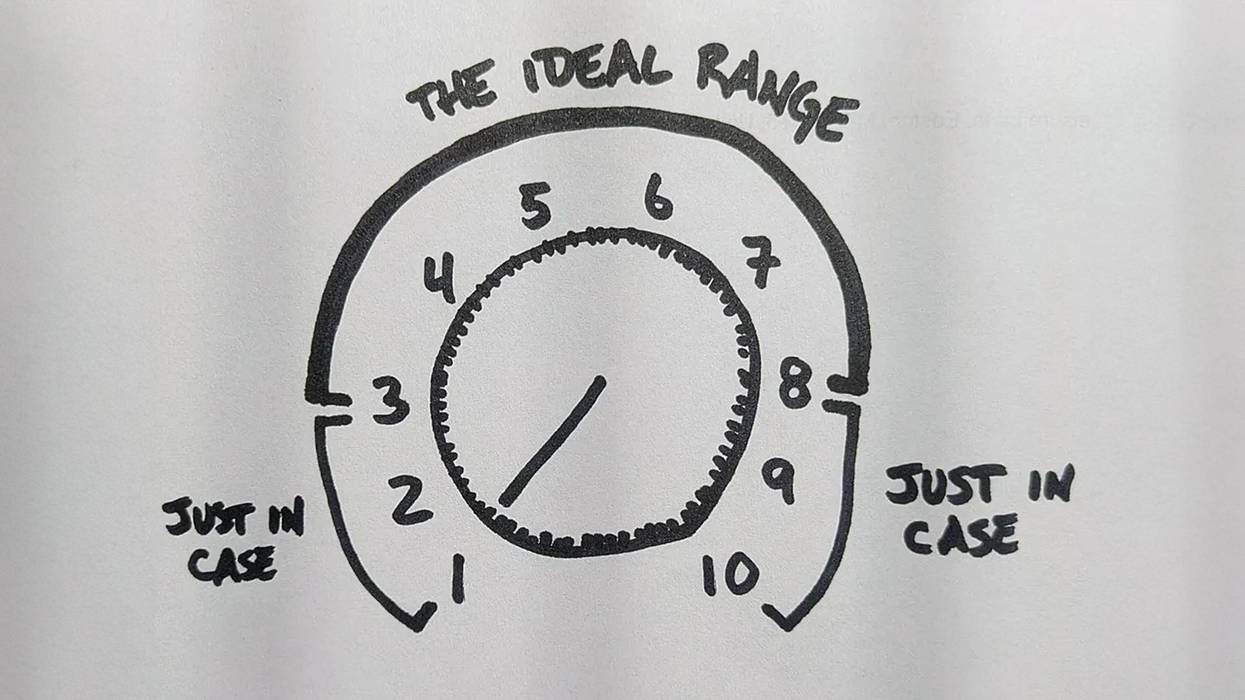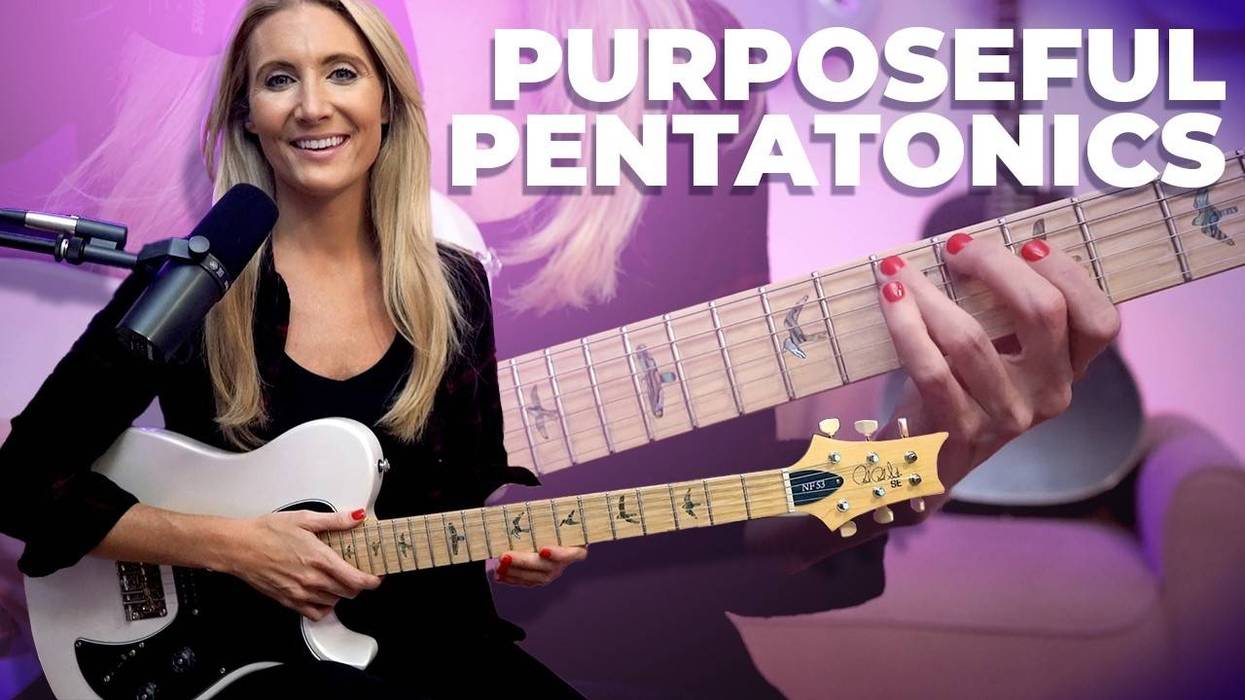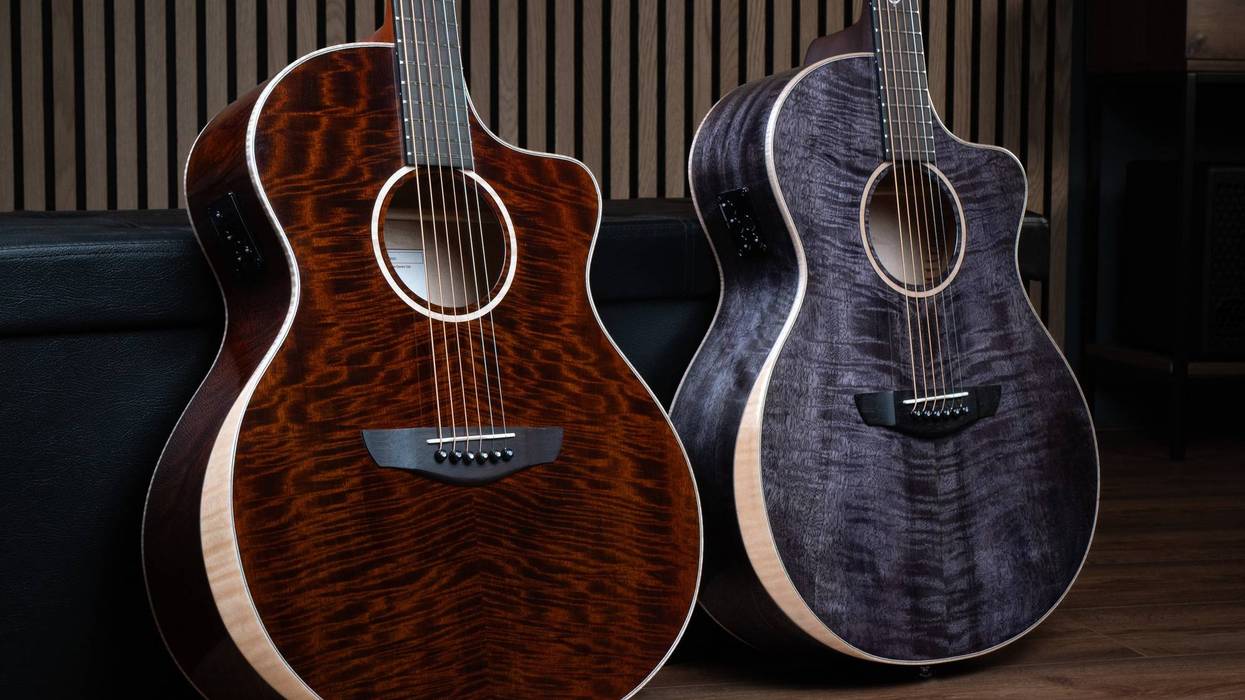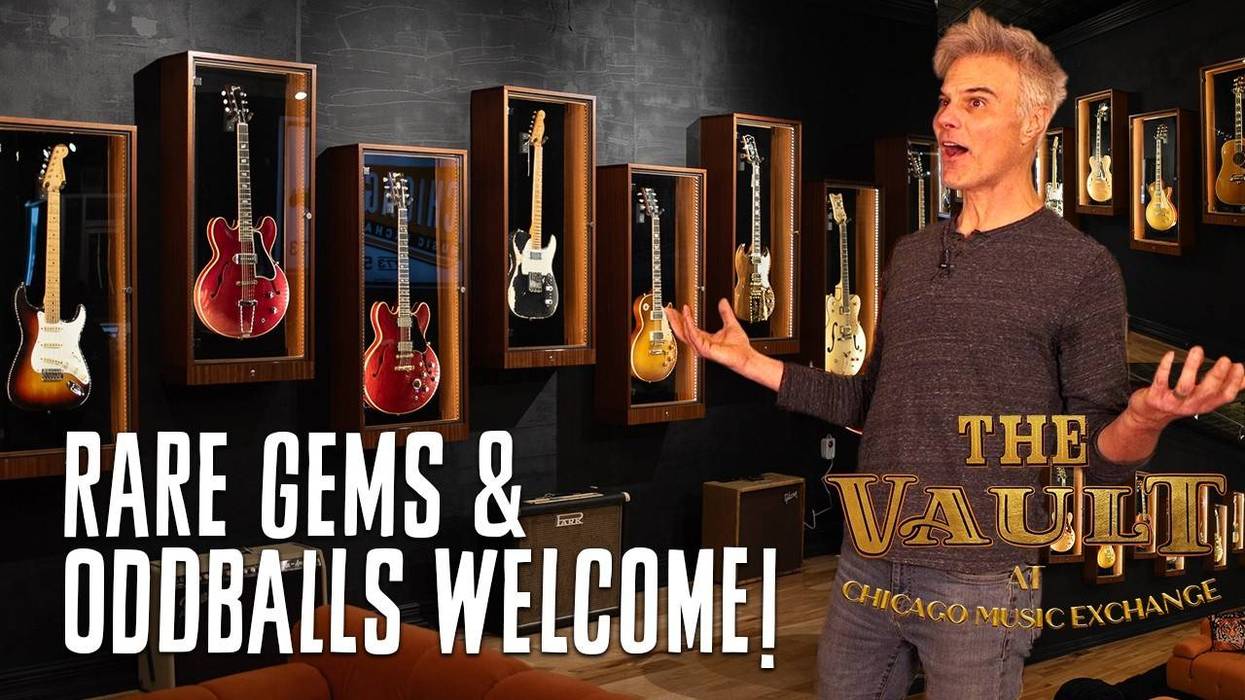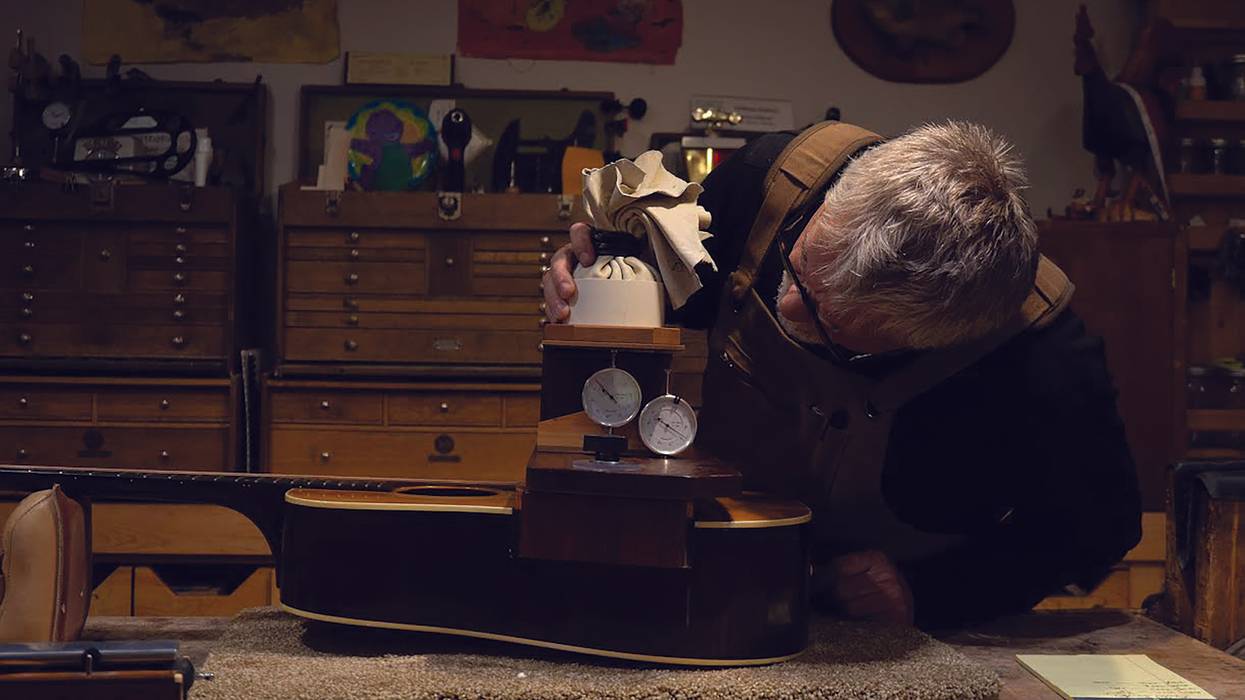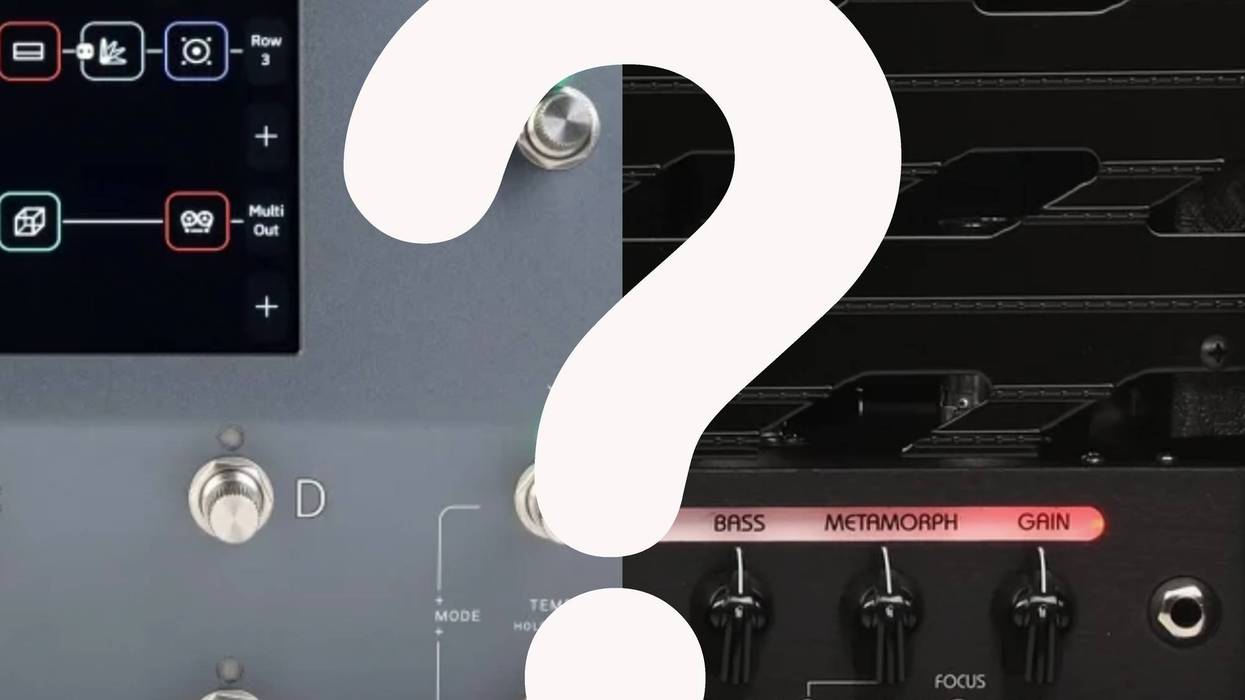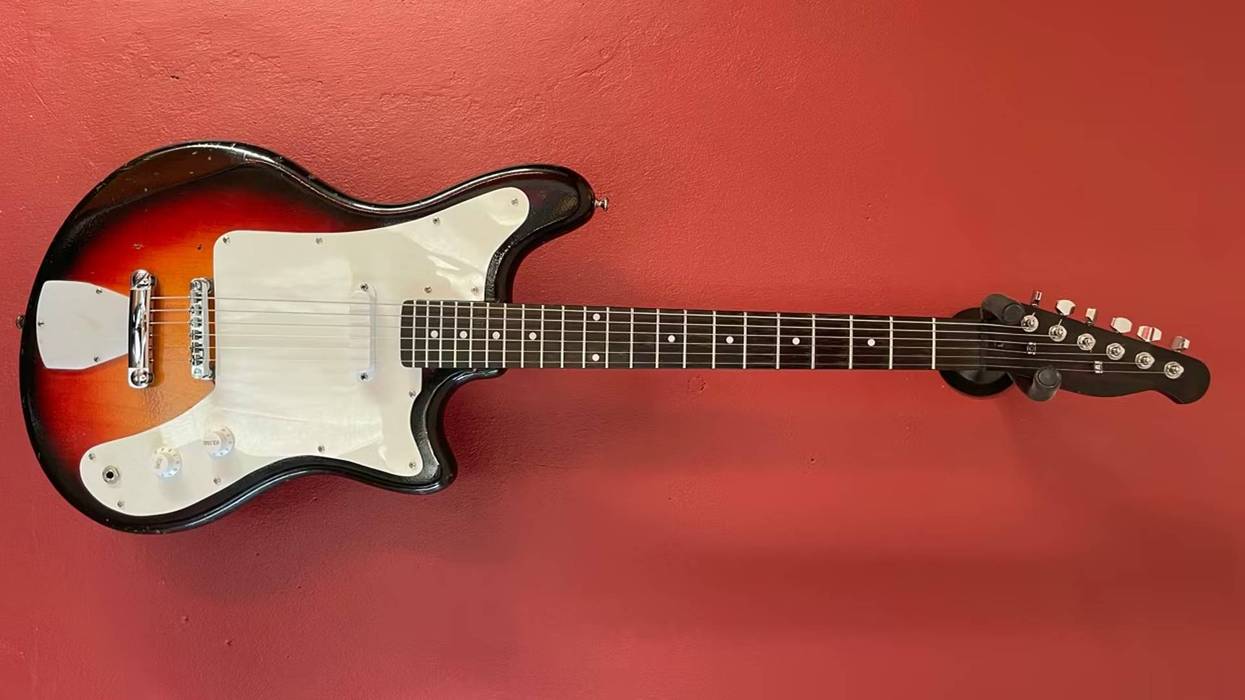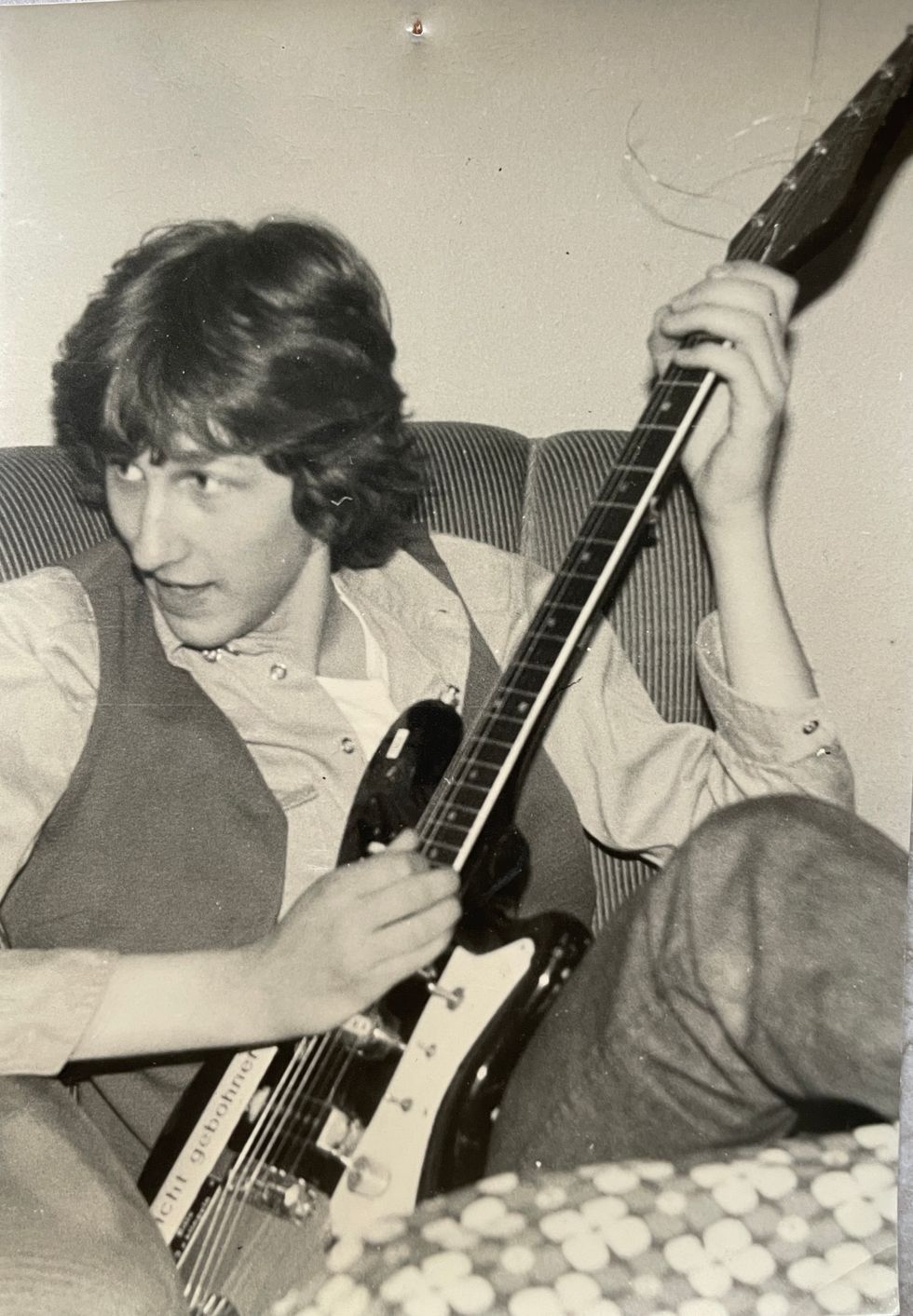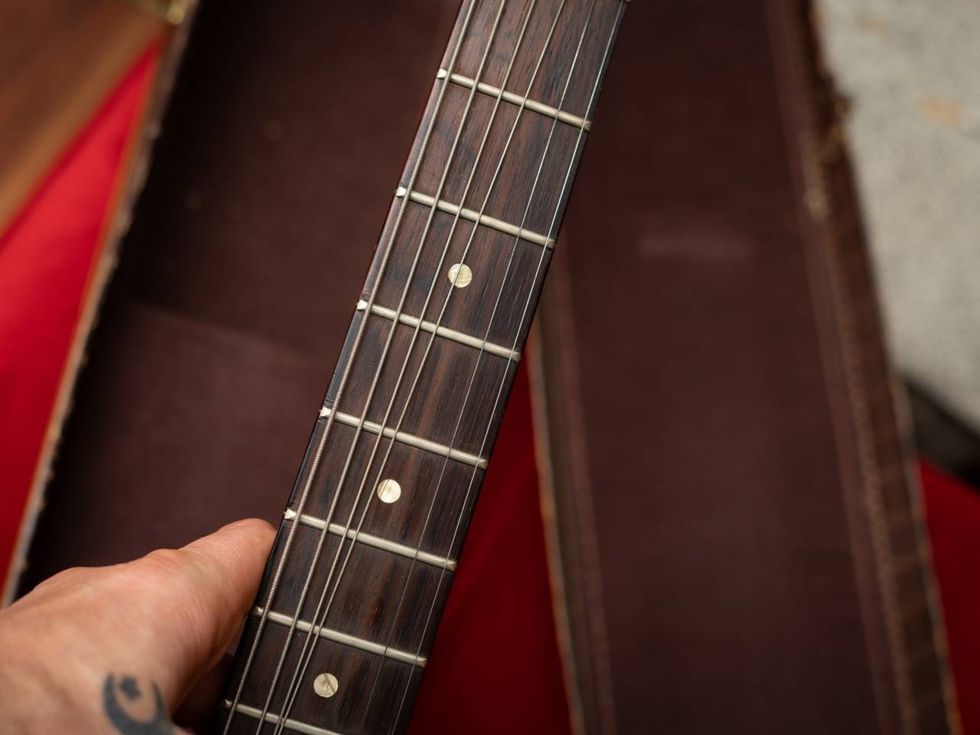
Somewhere, someone has a video of a PG columnist attempting to disrobe while singing Macy Gray's “I Try" at an after-hours karaoke bar. Worth tracking down, perhaps?
I've always favored the prototypical rock-guitarist persona established by Jimmy Page and Keith Richards: Sing when you must, but ultimately that's the dubious task of the prancing egomaniac hogging the front of the stage. I feel much more at home slightly to the right of the drums taking care of the actual music-making, while leaving the majority of the singing and crowd-working to a self-absorbed diva.
Being the singer in a band seems a bit silly; singing to tracks in front of an audience? Fug-ged-eh-bout-et. That's ridiculous. If you've been to a karaoke bar and observed those delusional fools stiffly holding a mic in front of their sweaty, boozy faces while nervously caterwauling “Don't Stop Believing," you've probably thought “I'd have to be out of my mind to do that."
About 12 years ago I was quite literally out of my mind while on tour, thanks to some serious pain meds my doctor prescribed after he removed discs 7 and 8 from my neck. I should have stayed home to convalesce, but I had to pay for the operation so I went on the road.
I pilled up and toughed my way through two weeks of shows. Each day of the tour I'd play the gig, then decrepitly shuffle to my bed and descend into a medicated coma. On the final night of the tour, my bandmates pulled me out of my bunk and dragged me to a bar for a post-show, celebratory drink.
The details remain a bit cloudy, but from what I can piece together through my cheesecloth memory and the few videos that regrettably captured the evening, after my third scotch and Demerol, I commandeered the karaoke mic for a spirited version of Macy Gray's “I Try." It was a powerful performance that concluded with me trying to take my pants off over my head. (Although the good people at YouTube's Standards and Practices removed the video, I'm sure it's out there somewhere.)
I learned two valuable lessons that night: It's best to heed to those warning labels on pill bottles, and, karaoke can be fun.
Karaoke is undeniably ridiculous, yet strangely engaging once you embrace your inner geek. The masses rarely get a chance to perform in front of an audience. Karaoke gives everyone license not only to sing, but also to act like a rock star. For me, it's an Andy Kaufman-inspired moment—an opportunity for anyone to attempt to entertain a crowd either through musicality or stupidity.
Here are a few tips for those of you brave enough to be idiotic.
Do not attempt karaoke while sober. Let me preface this with a heartfelt plea: Drink responsibly and do not mix medication with alcohol. This isn't just the boys in legal talking, I actually mean it. Also, if you've used up all your drink tickets in life, continue working your recovery program. That said, karaoke is no time for clear thinking. The brain cell you kill may be the one that's holding you back from being the performer who truly delights.
Don't just sing it, sell it. Now is the time to apply every over-the-top rock-star cliché: Strut about the stage, fall to your knees and cry, raise your fist in the air and maniacally pump it, twirl and spin like Prince and James Brown, spread-eagle jump like David Lee Roth, circa 1978.
Engage the audience. Get them to join you on the final chorus. There's something genuinely sweet about a sing-along. It makes strangers feel like family, which in a way, they are.
Find a killer song that fits you. As long as it's not Macy Gray's “I Try"… that's mine. The track's key should be in your range and you should kind of know the words so you're not dully staring at the video monitor. More importantly, your song should draw something out of you emotionally.
Avoid overtly sexual songs. That's just creepy.
Avoid the trite. Not even Jimmy Buffett should be allowed to sing “Margaritaville" again.
We all fear embarrassment. We privately worry that others think our hair is all wrong, our body isn't quite right, or we sound stupid. Most of us are plagued by private anxieties that something about us just doesn't measure up to some unachievable image of perfection. These mostly unfounded fears rob us of many of life's joys. It's wonderfully liberating to let go of our inhibitions. By taking risks and laughing at ourselves, we strip those hobgoblins of self-consciousness of all their power. It also just plain feels good to sing as loud as you can, even if you kind of suck at it.
John Bohlinger is a Nashville multi-instrumentalist
best know for his work in television, having lead the band for all six
season of NBC's hit program Nashville Star, the 2012, 2011, 2010 and 2009 CMT Music Awards, as well as many specials for GAC, PBS, CMT, USA and HDTV.
John's music compositions and playing can be heard in several major label albums, motion pictures, over one hundred television spots and Muzak... (yes, Muzak does play some cool stuff.) Visit him at youtube.com/user/johnbohlinger



